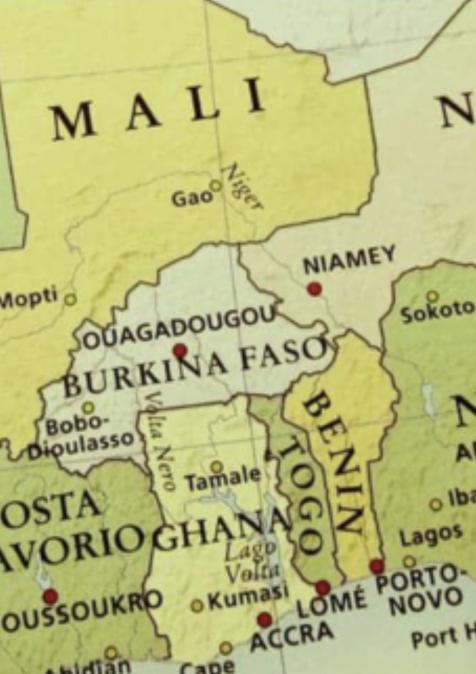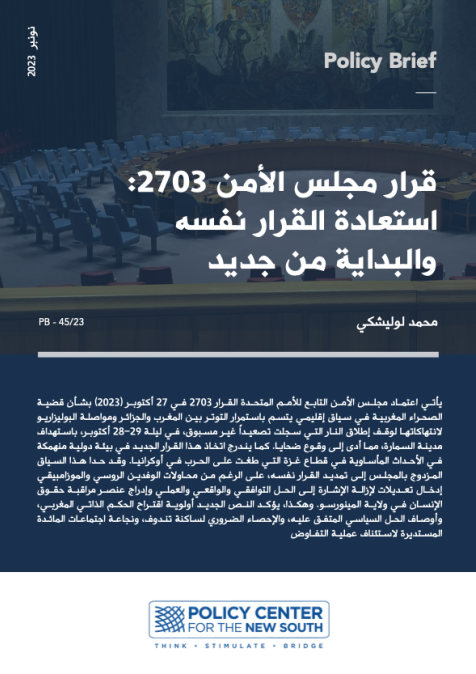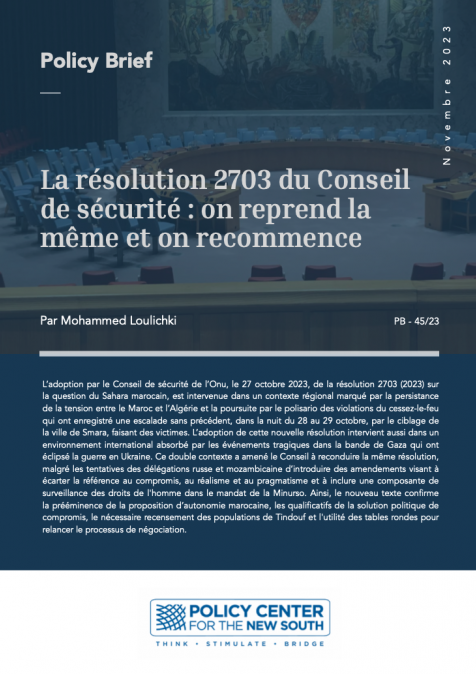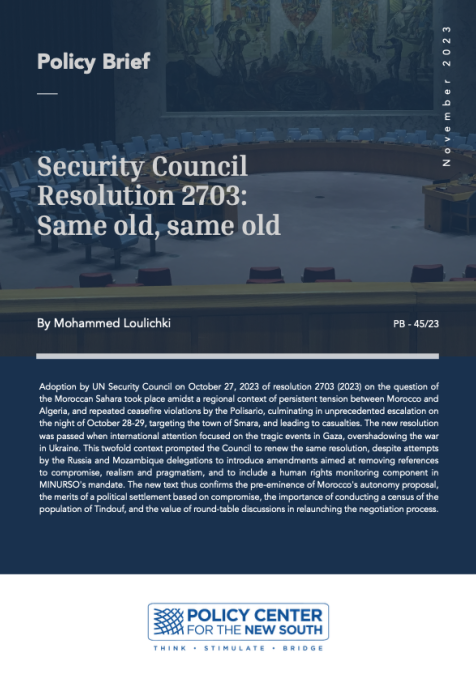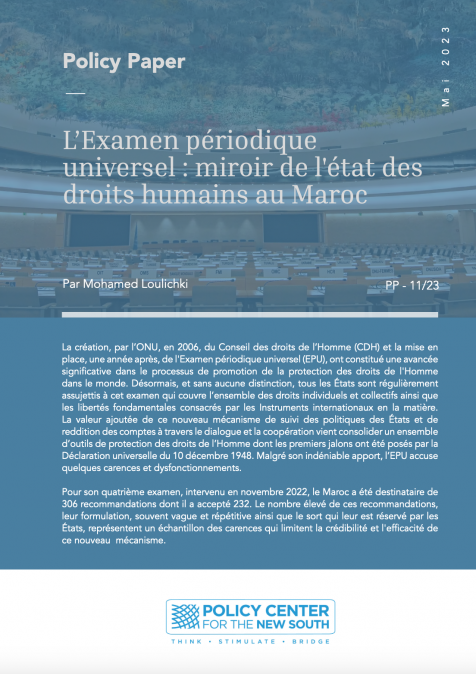The coronavirus outbreak has caused unprecedented and serious challenges throughout the world, including Africa. The pandemic has barely reached the sub-Saharan Africa, about 1% of all cases reported globally. However, the Continent will most likely be disproportionately affected by the pandemic due to its vulnerabilities, causing grave concern over the growing loss of human lives and the significant economic and social impacts of the crisis on the continent. The 2030 Agenda for Sustainable Development Goals, adopted by all UN Nations Member States in 2015, provides a shared and sustainable blueprint for peace and prosperity for people and the planet. More specifically to the African Continent, Covid-19 experience highlights the value and need to embed wellbeing and socio-economic resilience in Africa’s development in line with the goals and targets of Agenda 2063 and SDGs. COVID19 also reaffirms the importance of regional cooperation to harness both technical and financial resources for the collective development and transformation. Covid-19 reinforced the need for stronger global and regional partnerships if the SDGs are to be fully achieved and to build resilience to social, economic and environmental shocks. Significant steps have been already made in terms of improving life quality and standards. However, the most common opinion is that the SDGs have not been successful for developing countries especially for Africa, since several goals were not met by 2015.







